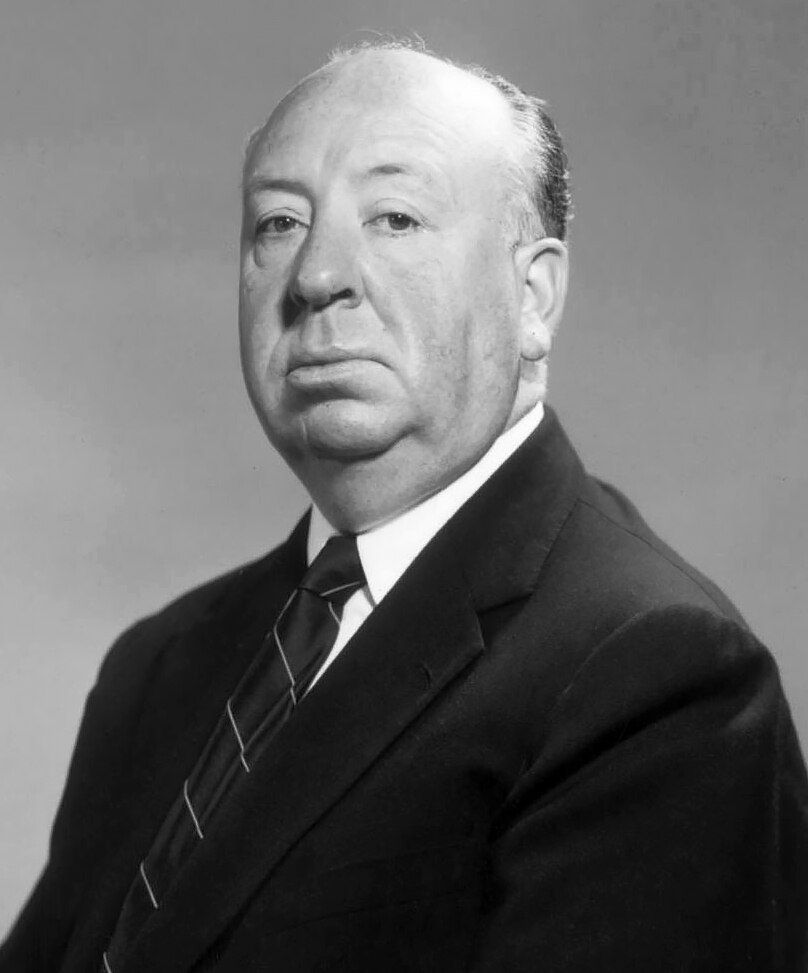Book Nook: Casca
- davidflin0
- Jun 17, 2024
- 3 min read
Reviewed by Colin Salt.

Picture courtesy Amazon.
A guy who was a one-hit wonder musician in the 1960s later starts a long semi-AH fiction featuring an immortal Roman that mashes up various Christian traditions together.
This sounds like some kind of scrambled code, but it’s actually the Casca series created by (note the term) Barry Sadler. The short version of his story is this: Man joins Special Forces. Man gets wounded in Vietnam and writes a song [The Ballad of the Green Berets] while recovering. Song becomes a one-hit wonder. Man then lives a turbulent life including murdering a romantic rival (Lee Emerson Bellamy). All the while man writes books. Man moves to Central America and then gets killed there. The End of Barry Sadler.
As for the books themselves, they have a simple premise that deliberately merges the Longinus and Wandering Jew legends together. Casca Rufo Longinus is a Roman soldier who stabs the crucified Jesus. Blood falls on him and he hears: “Soldier, you are content with what you are. Then that you shall remain until we meet again. As I now go to My Father, you must one day come to Me.” From that point onward, Casca is immortal until the Second Coming, as he finds out after suffering a seemingly fatal wound.

Jesus being stabbed by Longinus.
Picture courtesy Wikipedia.
That’s the first book, The Immortal Mercenary. The second, The God of Death, is Casca’s adventures in pre-European Mexico, including him being ‘sacrificed’ and then reviving due to his powers. Enjoy that, because it’s the last time it breaks from the formula. After that, it locks itself in, for better or (mostly) worse. The Casca books, whether attributed to Sadler or official series continuer Tony Roberts, go like this:
· Casca appears in a shallow pop-history version of (insert historical period here).
· Casca meets the Girlfriend of the Week and (insert various historical figures from said time period here).
· Casca gets into cheap thriller battles.
The third part is worth noting, because it’s something that the series manages to do surprisingly well. Don’t get me wrong, they’re still trashy cheap thriller battles. But the way they’re made to be interesting despite the protagonist being immortal is handled better than one might think. Casca is immortal, but not indestructible. He can be and has been incapacitated for long periods of time, and can definitely be hurt hard. The fight scenes show this.
That’s the good. The bad is that the series is perhaps the least ambitious given its presence that I’ve seen. There are plenty of ways one could make this story either spectacular or genuinely thought-provoking with Casca’s background. Almost none are used. Being cursed by a centrepiece of Abrahamic religion? Not really brought up even in a book that takes place in the same area thousands of years later.
The authors play it so safe that reading them is like witnessing a McLaren driving slowly. And authors brings me to the most interesting footnote. Namely, there is no consensus on what books in the original series Sadler personally wrote. Tony Roberts and biographers of him have said contradictory things. The claims range from “all” and “just the first two”.
As for the ghostwriters, the only name that comes up is Kenneth Bulmer, a well-known British cheap thriller author who is mentioned as being linked to the fourth book, Panzer Soldier. Even post-Sadler, the authorship was turbulent, with two Casca books being removed as a result of gargantuan amounts of plagiarism.
Casca books are not good beyond being mushy cheap thrillers. Even then, there’s better mushy cheap thrillers out there and the books could have been a lot better mushy cheap thrillers than they actually were. But their creation and premise is so out there that they nonetheless feel worth of taking a look at.
Discuss this article Here.
Colin Salt is the author of the Smithtown Unit of books, consisting of The Smithtown Unit and Box Press .




Comments